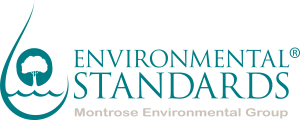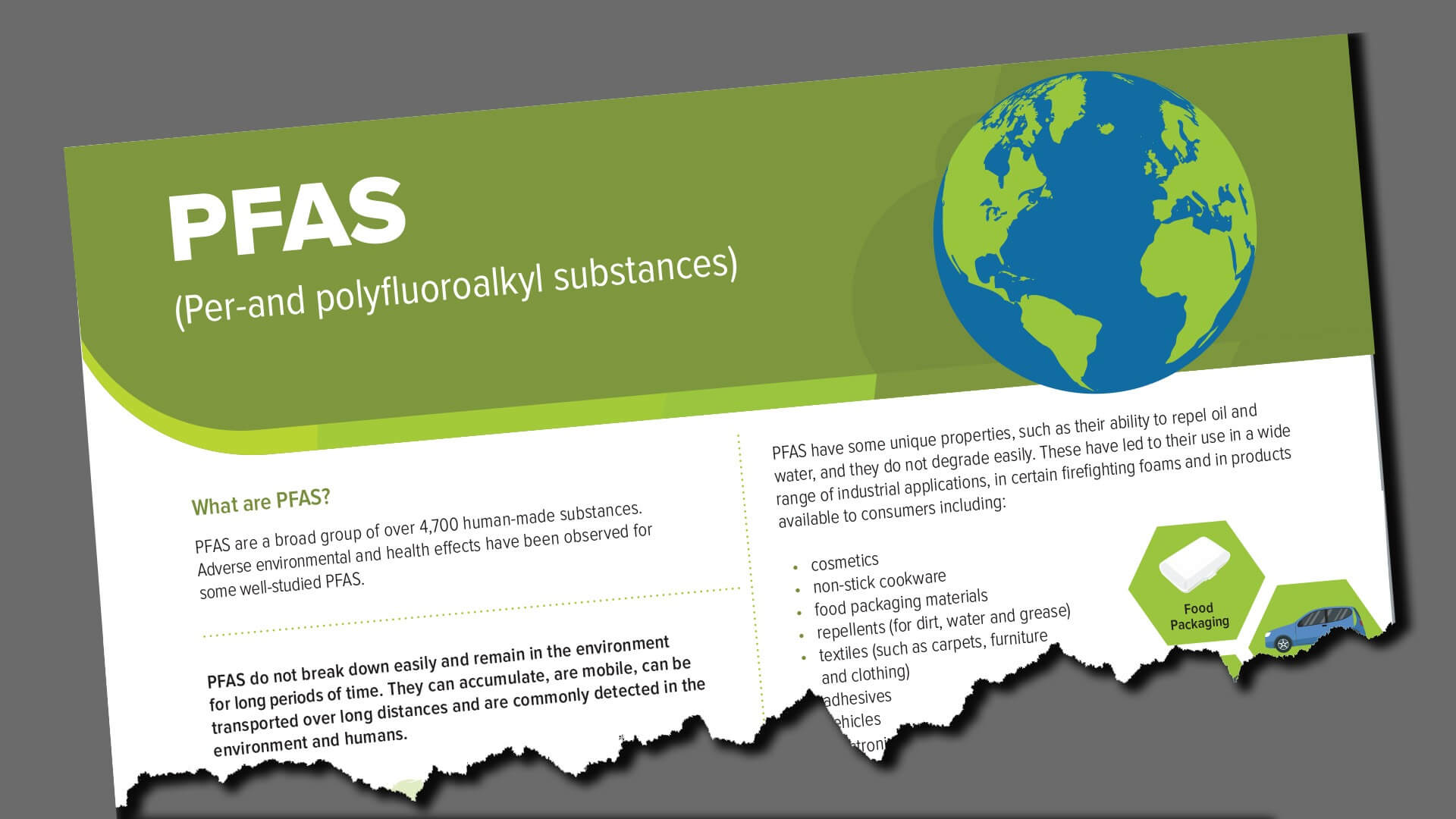
Canadian Draft PFAS Report Notes Seven Key Findings
Environment and Climate Change Canada has published a draft state of per- and polyfluoroalkyl substances (PFAS) report and a risk management scope for PFAS in the Canada Gazette. These documents are open for a 60-day public comment period until July 19, 2023. The comments received will be considered in the development of the final report and risk management approach.
Per the draft report, PFAS are a group of over 4,700 human-made substances used in various industries and products, including firefighting foams, food packaging, cookware, cosmetics, textiles, vehicles, and electronics. The draft report assesses the fate, sources, occurrence, and potential impacts of PFAS on the environment and human health, indicating that PFAS may cause harm. The assessment has resulted in seven key findings:
- PFAS have extreme environmental persistence and long-range transport properties, which are resulting in widespread long-term exposure.
- Multiple PFAS are widely present and co-occur in the environment, wildlife, and humans across Canada, including in remote regions such as the Arctic and Subarctic.
- Certain well-studied PFAS have been shown to bioaccumulate and are associated with hazardous effects in various organisms, including humans.
- PFAS are very challenging to remove from different environmental media. Due to the poorly reversible contamination of most environmental compartments, accumulation of PFAS within humans, biota, and the environment will continue to increase in the absence of intervention.
- While a small number of PFAS have received the majority of study, there is a growing body of evidence suggesting that concerns identified for these well-studied substances are more broadly applicable than previously believed. Additionally, cumulative effects from co-exposure may occur.
- Chemicals management of PFAS is difficult due to the large number of substances implicated and the exceptionally wide range of associated uses.
- As research to fully address the gaps in information for less-studied PFAS cannot realistically be conducted in a time frame that prevents further environmental releases, a precautionary, class-based approach to addressing PFAS is needed to protect the environment and people from anticipated adverse effects.
The risk management options proposed by Environment and Climate Change Canada include regulatory and non-regulatory controls for PFAS in firefighting foams, exploring ways to minimize exposure to PFAS from other sources and products, and aligning actions with other jurisdictions.
The public is encouraged to participate by reviewing the draft report and risk management scope and submitting comments. All comments must cite the Canada Gazette, Part I, and the date of publication of this notice and be addressed to the Executive Director, Program Development and Engagement Division, Department of the Environment, Gatineau, Quebec K1A 0H3, by email to substances@ec.gc.ca or by using the online reporting system available through Environment and Climate Change Canada’s Single Window. The consultation is open to a diverse range of stakeholders, including industry sectors, Indigenous Peoples, non-governmental organizations, interested Canadians, and federal, provincial, and municipal governmental organizations.
Contact information is provided for those wishing to participate in the consultation process, and there is an option to request confidentiality for the information provided.
For assistance with PFAS-related environmental projects in Canada, Matrix Solutions, Inc. (Matrix) is one of Canada’s leading pure-play providers of environmental solutions. Montrose Environmental Group, Inc. (Montrose) announced on May 3, 2023, that it had entered into an arrangement agreement to acquire all the issued and outstanding shares of Matrix, one of Canada’s leading environmental and engineering consulting companies. “Matrix will form the platform for our consulting business in Canada and, together, we will be able to expand our support for clients across their full environmental engineering and service needs in North America,” said Doug Matthys, President of Montrose’s Consulting & Engineering division. The firm advises and supports more than 1100 private and public sector clients from its three main service lines, which include Contaminated Site Assessment, Remediation and Reclamation; Environmental Sciences and Regulatory Planning; and Water Resources Engineering and Management. From its 19 office locations, Matrix serves clients throughout the Canadian provinces of British Columbia, Alberta, Saskatchewan, Manitoba, and Ontario.


